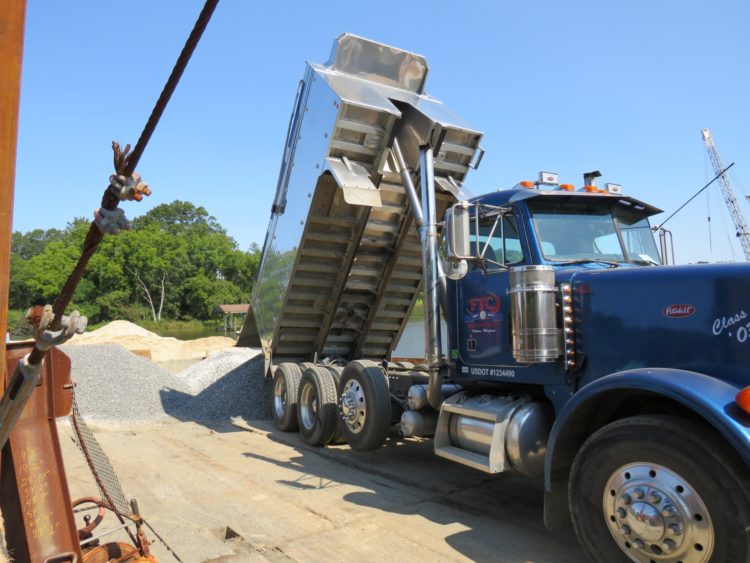Supposedly, you’ve seen buildings collapsing soon after their construction and others lasting for decades. But have you ever taken the time to think about why this happens? Well, many things can cause a concrete building to collapse; however, the most common is concrete lifespan.
Concrete should last about 100 years. However, if you build with poor quality concrete, the construction will doubtless come tumbling sooner than later.
With this in mind, you might wonder what factors affect concrete lifespan besides quality. Well, you have come to the right place. This post focuses on factors that affect the lifespan of the concrete. Let’s get started.
Water Quality
The first factor that impacts concrete work durability is water quality. For good results, it’s recommendable to use water with a pH range of 7 to 8 when mixing concrete. The water should be clean – free from salts, organic materials, acids, and oils. These impurities can cause corrosion of steel or even concrete deterioration due to chemical attack.
Compressive Strength
Compressive strength refers to the maximum force a material can withstand before failing under compression. In concrete, compressive strength is measured in psi (pounds per square inch). Higher compressive strength means the concrete can resist cracking and breaking due to pressure.
Admixtures
Admixtures are additives added to concrete to improve its characteristics. Commonly used admixtures include superplasticizers, retarders, air entrainment agents, and plasticizers.
Superplasticizers increase workability and flow, reduce shrinkage, and increase the durability of concrete. Retarders delay the setting time of concrete and allow for extended curing times, while air entrainment agents prevent voids from forming in the concrete. Plasticizers soften the hardened concrete and help it resist cracking.
All of these must be used in the correct proportion, or the concrete work won’t be strong to last long enough.
Environmental Conditions
Environmental conditions that affect concrete include temperature, humidity, wind speed, precipitation, and solar radiation. Temperature affects cement’s hydration rate and the rate at which concrete cures. Specifically, high temperatures accelerate the rate of hydration and hardening of concrete. Here is how other factors impact concrete.
- Humidity increases the moisture absorbed by concrete and decreases the drying rate.
- Wind speeds affect the movement of concrete and the amount of rain that falls. Precipitation reduces the cement paste’s effectiveness and accelerates the hydration rate.
- Solar radiation changes the color of concrete and accelerates the rate at which concrete dries.
Aging
Concrete ages naturally over time. As concrete dries out, it shrinks and causes cracks to appear. Cracks allow moisture to penetrate the concrete, which weakens it further. Over time, the concrete becomes weaker and less durable.
Concrete work may not last forever; however, it doesn’t have to come down too soon. Although some factors that determine the lifespan of concrete are beyond your control, you can take measures to increase the longevity of your concrete construction. The tips above will get you started.



